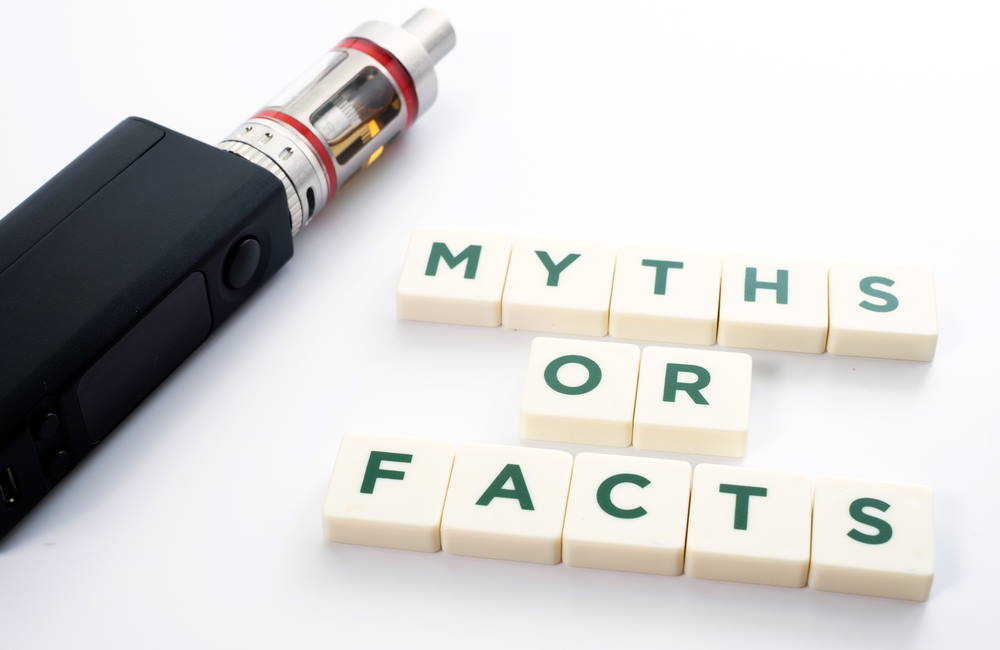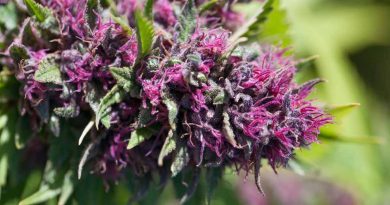Doctor Takes on Marijuana Myths in New Book
Dr. Rebecca Siegel grew up in a generation where the “this is your brain on drugs” public service announcements made people fear what might happen to them if they used any kind of drug, including marijuana. She now is a medical marijuana practitioner who knows what cannabis can do. But she knows marijuana myths persist.
She now has written a book that focuses on dispelling those marijuana myths conjured up by cannabis opponents over the years. The book, “The Brain on Cannabis: What You Should Know About Recreational and Medical Marijuana,” came out in late 2021.
In an interview with Westword, she said she is aware that the “scare tactics” used in anti-cannabis campaigns influenced many people.
“That whole notion of reefer madness, psychosis, and marijuana being a gateway drug still resonates with so many people,” she said. “I think many people identify marijuana with the stoner culture exclusively, and it’s certainly hampered the use of marijuana in some.”
Marijuana Myths Continue to Hinder What Marijuana Can Do
Marijuana myths continue to keep people from trying medical marijuana as a treatment. It’s an issue people in the cannabis industry recognize. Even NBA star Kevin Durant is focusing part of his efforts in the cannabis industry on removing the stigma around marijuana use.
Siegel’s new book takes on both the myths about the dangers of marijuana as well as the myths about what it can do. She said the misinformation about cannabis, as well as anecdotal stories about one person having a bad experience (usually when using recreational marijuana), leads to confusion among the cannabis curious. Rather than find out what cannabis can do for them, they shy away.
“A lot of people think it just gets you high, but for many, it is actually a treatment that provides relief and not just a euphoric high,” she said. “I think the biggest misconception is that it’s a one-size-fits-all drug. It’s not.”
She said people interested in using cannabis medicine need to start with the understanding that there are “nuances” involved, including the use of THC, CBD, and the different ways of dosing.
More Research Ongoing on Medical Marijuana
Many different studies have found cannabis has a potential to help people with a wide variety of issues, including managing pain, improving sleep and reducing anxiety. Both THC, the active ingredient in cannabis that causes the high, and non-psychoactive CBD have provided benefits.
But scientific research is limited because the federal government continues to consider marijuana an illegal drug on par with cocaine and heroin. That lack of research likely has helped many marijuana myths to persist. A recent decision by the DEA to allow more companies to grow marijuana for research that is more like what consumers can buy is expected to lead to a big increase in the amount of research.
Siegel said that for now, she wants people to understand that they have options. She encourages those interested in medical marijuana to look into it.
“If you are suffering from one of the ailments that medical marijuana has been found to improve and you live in a state where the use of medical marijuana is legal, begin by having a conversation with your doctor,” she writes in her book. That’s a key first step to finding out if cannabis can help you with your specific situation.




